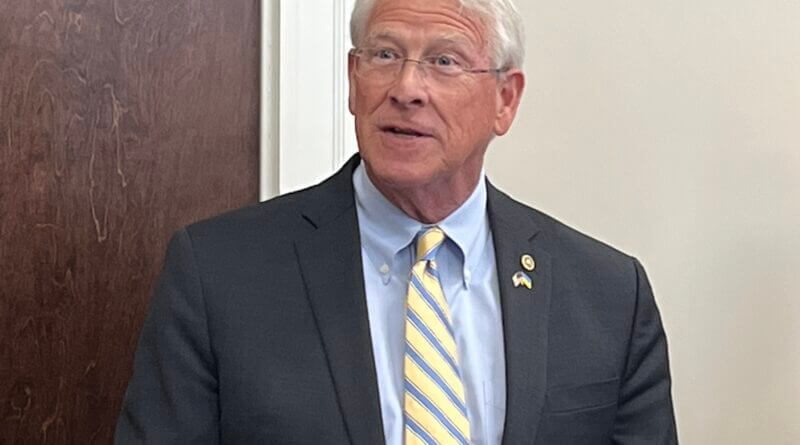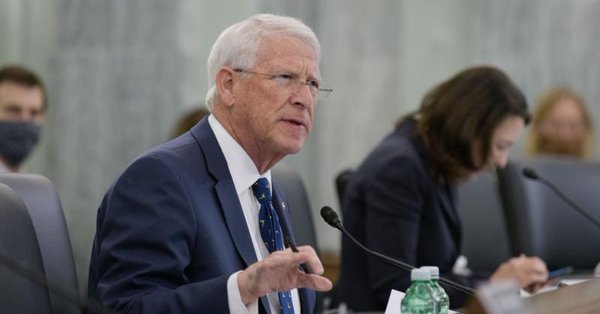Wicker: Touts Defense Bill Wins
A Strong Military Prevents Conflict
One of Congress’s most important tasks is providing for the common defense. Recently, the Senate Armed Services Committee took an important step by passing its version of this year’s national security legislation. Called the National Defense Authorization Act (NDAA), the bill sets the priorities for our armed forces. As the top Republican on the committee, I can attest that the NDAA represents progress for the safety of our citizens and our service members. But as we celebrate our nation’s independence this month, it is imperative that Congress continue working to make this legislation even stronger. After all, military might makes our freedom possible.
Peace Through Strength
American leaders have always thought that a strong defense is the best offense. President George Washington, who also served as the general of the Continental Army, said, “To be prepared for War is one of the most effectual means of preserving peace.” A century later, President Theodore Roosevelt famously said carrying a “big stick” would deter attacks. During the Cold War, President Ronald Reagan pursued a strategy he called “peace through strength.” He kept the Soviet Union from attacking the United States by dramatically increasing the size and strength of the military.
Though our world is growing even more dangerous than the Reagan era, his wisdom still applies. We should follow in the steps of these American leaders by building and maintaining military strength that will keep any foe from even considering a move against our interests.
Refocusing on Warfighting
In committee negotiations, I focused on countering threats from our top adversaries, including China, Russia, Iran, and North Korea. For example, the legislation includes multiple provisions to oppose advances by Beijing in the Indo-Pacific. It also includes oversight measures to correct some of the Biden administration’s national security failures, such as the Chinese spy balloon incursion, the ongoing border crisis, and fentanyl pouring into our country. Additionally, the bill supports the manufacturing necessary for our armed forces to catch up with China’s massive military buildup.
In a major victory for conservatives, our committee approved rules that I proposed to reduce or eliminate misguided diversity initiatives at the Pentagon. We introduced efforts to rein in the woke bureaucracy, and we passed a bill I wrote called the Merit Act. I wrote that act to ensure merit, not demographic identity, is the top factor in service member promotion. Laws like these would force military leadership to focus on warfighting, not social issues.
The NDAA would improve life for our service members by giving them a 5.2 percent pay raise and increasing support for military families.
Our defense bill would also support Mississippi’s contributions to our national security. It would invest in our shipyards, including an authorization for nearly $2 billion to build an amphibious warship in Pascagoula. It would invest in military manufacturing, including construction and research, and increase commercial competition in the space sector, which has a large presence in Mississippi.
Continuing the Fight
Now that the Senate Armed Services Committee has completed its work on the NDAA, it will soon be time for the full Senate to consider it. Senate Republicans will push to maintain the victories won in committee and address any shortcomings. I will continue fighting to give our service members the tools they need to keep us safe in this increasingly dangerous world. As we celebrate our nation’s independence, we must recommit to our tradition of peace through strength.
Note: This article is the weekly Wicker Report column of Sen. Roger Wicker and is provided by the Senator’s office.



